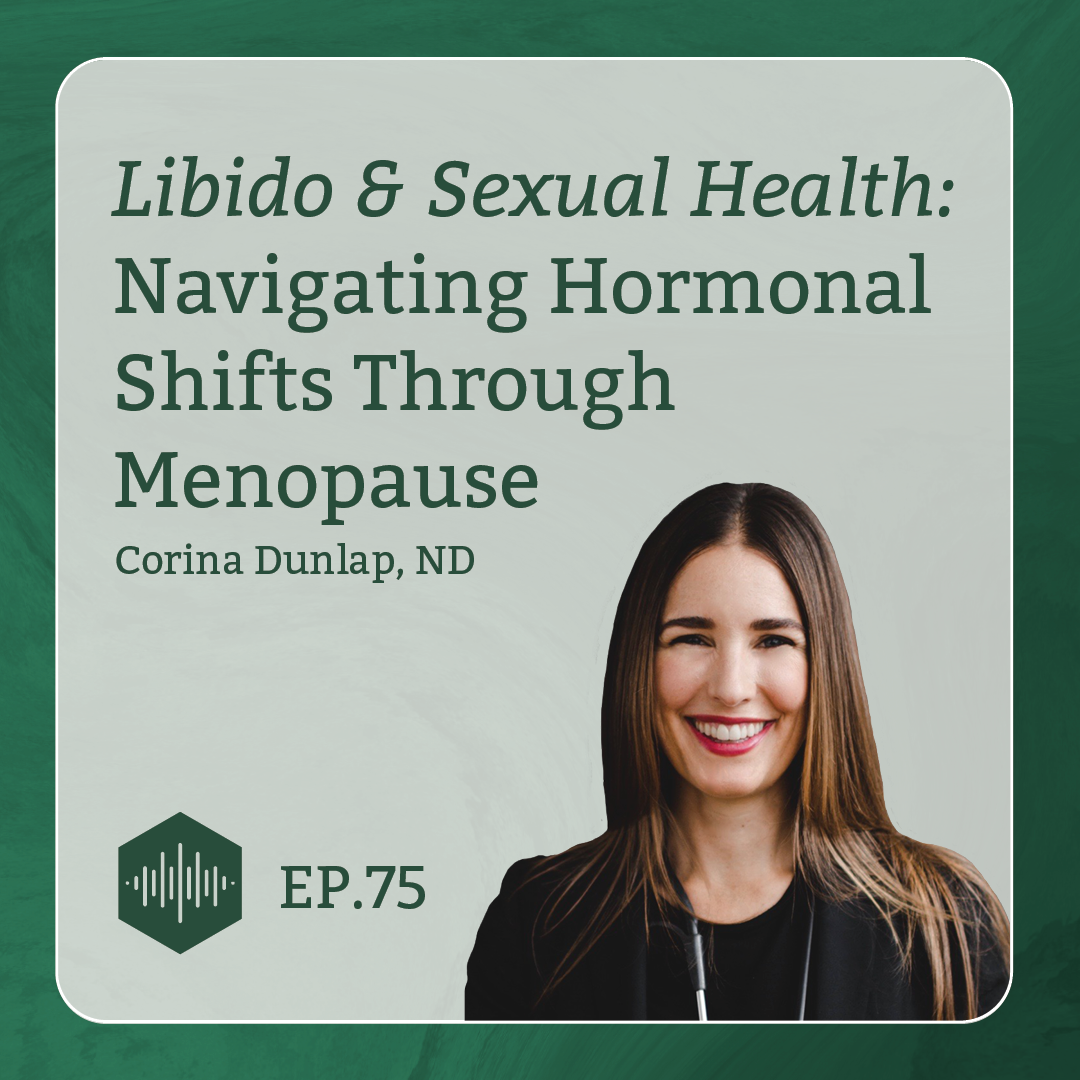

Navigating hormonal shifts is a crucial aspect of graceful aging. These shifts can significantly impact physical and emotional well-being, leading to a decrease in energy and quality of life. Understanding the changes and actively managing them is critical to aging with vitality. Hormonal fluctuations throughout life affect everyone—particularly women during perimenopause and menopause, but also men experiencing andropause. This comprehensive guide will explore the science behind these changes, the potential health concerns, and most importantly, how to navigate this period of transition with grace and resilience. We’ll discuss various lifestyle modifications and medical interventions. This comprehensive guide will cover several key areas: understanding hormonal changes throughout life, identifying common health concerns related to hormonal shifts, and exploring lifestyle interventions for supporting healthy aging, including nutrition, exercise, and stress management strategies. We will also delve into the role of medical support, exploring when seeking a doctor is essential.
Understanding Hormonal Shifts Throughout Life
Menopause and Perimenopause in Women
Women experience significant hormonal shifts during perimenopause and menopause. This transition often involves fluctuating estrogen and progesterone levels, leading to symptoms like hot flashes, mood swings, and sleep disturbances. The decline in estrogen can also contribute to bone loss and increased risk of cardiovascular disease. For example, a study by the National Institutes of Health found that women experiencing menopause often report decreased bone density, a direct result of estrogen decline. Managing these symptoms effectively is crucial for maintaining overall well-being.
Andropause in Men
Men also experience hormonal changes as they age. Andropause, often less publicized than menopause, involves a gradual decrease in testosterone levels, which can lead to reduced libido, fatigue, and muscle loss. This decrease in testosterone has also been linked to reduced bone density in men, although the correlation is still being researched.
Identifying Common Health Concerns
Related Post : Beyond Wrinkles: Addressing the Hidden Health Challenges of Aging
Cardiovascular Health
Fluctuating hormones can impact cardiovascular health, increasing the risk of heart disease and stroke. The decline in estrogen and testosterone can lead to changes in cholesterol levels and blood pressure. Maintaining a healthy weight, regular exercise, and a balanced diet can help manage these risks. For example, a study published in the Journal of the American Medical Association highlighted the correlation between maintaining a healthy BMI and reduced risk factors related to cardiovascular health in women experiencing perimenopause. A balanced approach to these issues is crucial.
Bone Health
As hormone levels change, bone density often decreases, increasing the risk of osteoporosis. Proper nutrition, weight-bearing exercise, and potentially medical interventions may be necessary to mitigate this risk. For instance, studies have demonstrated the effectiveness of calcium and vitamin D supplementation in maintaining bone density throughout the aging process.
Lifestyle Interventions for Healthy Aging
Nutrition
Maintaining a balanced diet rich in fruits, vegetables, lean proteins, and whole grains is crucial for healthy aging and hormonal balance. Foods high in fiber can help regulate blood sugar levels, and antioxidants can help combat oxidative stress. For example, increasing intake of fruits and vegetables could help boost levels of antioxidants within the body, thus maintaining healthy functioning throughout life.
Exercise
Regular physical activity is vital for maintaining overall health and well-being throughout aging. Exercise can help manage weight, improve mood, and promote healthy hormone function. It also helps maintain bone density and cardiovascular health. A combination of cardio and strength training can be highly beneficial.
The Role of Medical Support
When to Seek Professional Advice
If you’re experiencing significant symptoms or concerns about hormonal shifts, consulting a healthcare professional is essential. They can conduct assessments, diagnose any underlying conditions, and recommend appropriate medical interventions. For example, a recent study in the journal Menopause demonstrated that women who sought medical guidance during perimenopause experienced fewer long-term health concerns compared to women who did not.
Hormone Therapy
In some cases, hormone therapy may be an option. However, it’s crucial to discuss the potential benefits and risks with a healthcare provider. Factors such as personal health history and individual risk factors should be taken into consideration. For instance, hormone therapy may not be appropriate for everyone, especially those with pre-existing conditions.
Stress Management and Mental Well-being
Managing Stress
Chronic stress can negatively affect hormonal balance. Developing stress-reducing techniques such as meditation, yoga, or deep breathing exercises can significantly improve overall well-being. For example, mindfulness practices have shown a positive correlation with reduced stress and improved emotional regulation, which are both essential during hormonal transitions.
Prioritizing Mental Health
Mental well-being plays a crucial role in managing hormonal shifts. Connecting with loved ones, engaging in hobbies, and seeking therapy if needed are essential components of a balanced approach to aging. Social connections and support systems can significantly impact emotional resilience during this life stage.
In conclusion, navigating hormonal shifts during graceful aging is a journey of self-discovery and proactive management. By understanding the hormonal fluctuations, adopting healthy lifestyle choices, and seeking professional guidance when necessary, individuals can embrace this stage of life with confidence and vitality. Consider incorporating regular check-ups, stress management techniques, and a balanced diet into your routine. Ready to embark on your journey to graceful aging? Let’s explore the empowering steps to navigate hormonal changes together!